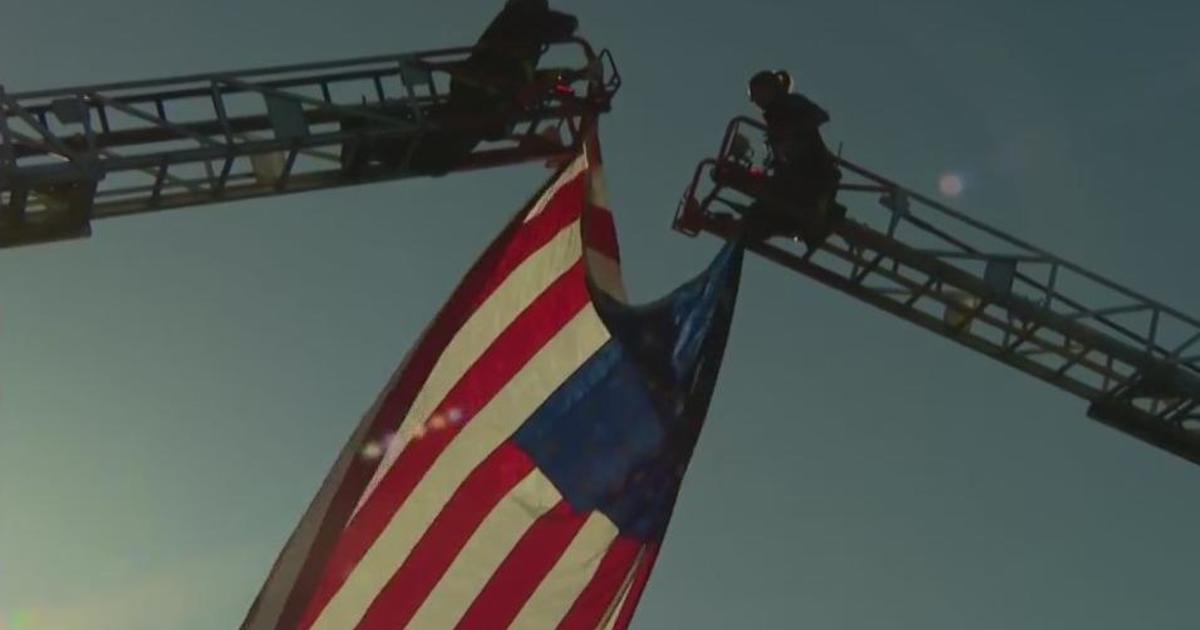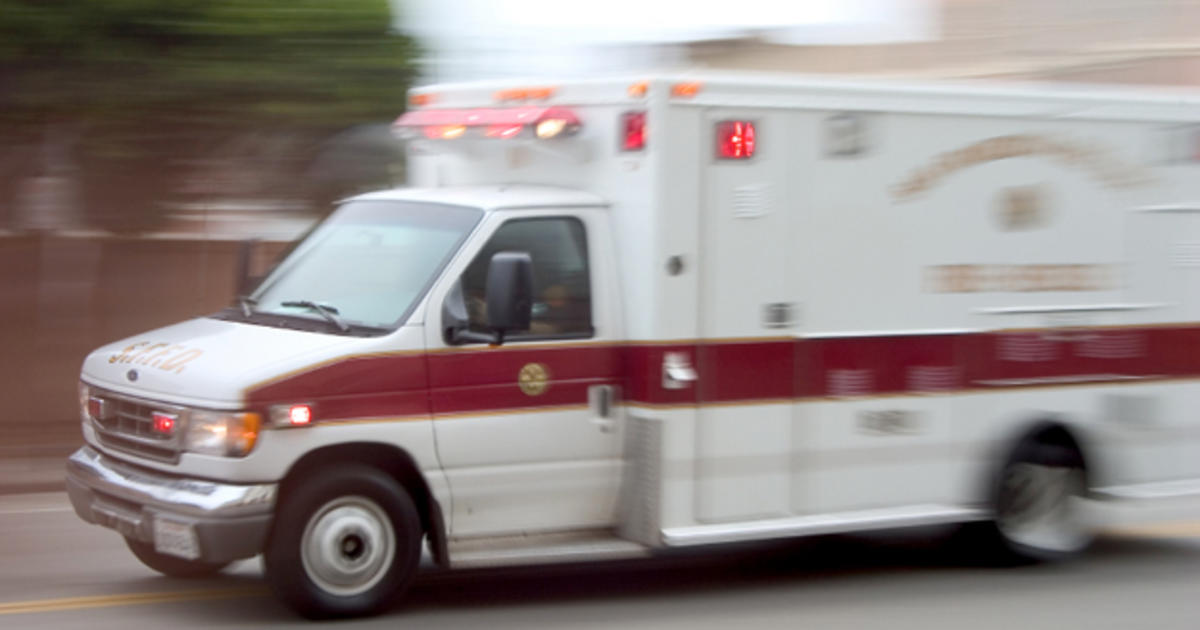Raccoons Are Taking Over Rocks Near Montrose Harbor, Yet People Keep Feeding Them
CHICAGO (CBS) -- Wearing their mask, looking like a bear, washing some fish, operating at night – that is about what we used to expect from raccoons, as the lyrics to an old novelty song called "The Raccoon Song" put it.
These days at Raccoon Rock just south of Montrose Harbor along Lake Michigan, we can add walking right up to people and sniffing their hands and crawling right up to our cameras to the list of raccoon behaviors. And they're operating in broad daylight – and taking over.
We have reported before about the people who continue to ignore the city's advice and feed dozens of raccoons that now call the area home. Experts on Tuesday told CBS 2's Tara Molina the issue is worse than ever before.
In December 2019, Molina and her crew saw so many raccoons on a visit to Raccoon Rock that they lost count. At the time, people who frequented the trail guessed the raccoons numbered in the dozens – more than 30.
The population has grown since then, according to the wildlife experts and volunteers who reached out to Molina about the raccoons. Those experts and volunteers have reached out to city officials too.
One of the greatest problems, the experts say, is that people keep feeding the raccoons. There are peanut shells strewn about the site that has become the city's raccoon circus.
Without food in hand, the typically nocturnal animals still crawled up onto Raccoon Rock - and right up to our cameras.
"These raccoon are not healthy," said Vera Rast, co-steward of the nearby Bill Jarvis Bird Sanctuary.
Such behavior suggesting familiarity with humans is what is most concerning to Rast.
"We're not big enough to have this kind of a raccoon population," she said. "It just does not support it."
Rast said the raccoons are also eating the animals in the bird sanctuary – and there are still other problems besides that.
"Every once in a while, you hear this screaming going on - it's the raccoons fighting each other," she said. "One of them will win. One of them will not, and then we have to clean our carcasses."
Volunteers were in the area studying bats when they ended up getting close-ups of raccoons instead.
"I had my hand down by my side," said volunteer Mary Anicich. "I felt something and looked and gave out a screech."
Anicich found our past reporting and reached out to Molina, and the city.
"It's going to be very bad," she said.
They snapped a picture of a father and daughter feeding what they say were dozens of raccoons in the park that night - something the raccoons come to rely on.
"There are too many of them out here for them to just be able to survive on their own," said Gary Horn, a volunteer and retired zookeeper.
People were feeding the raccoons when Molina and her crew visited in 2019 too, and there are dozens of social media videos showing others doing the same.
Now, it is those feeders that are responsible for what we're told is now a bigger problem.
A spokesperson for the Chicago Park District said in a statement: "We ask that visitors not to feed wildlife in parks or along the lakefront for their own safety and the health and wellness of the animals. Chicago Animal Care and Control is aware and will handle their safe removal and ensure the humane care of these animals."
The Park District has been forced to get Animal Care and Control involved before when people continued to feed the raccoons, despite warnings.
But Animal Care and Control had a different message – the raccoons are natural wildlife in the area – but also can carry rabies and roundworm and can transfer diseases to pets.
"The rocky area along the lakeshore is a natural habitat for the raccoons, so CACC will work with the Park District to post signs and educate people about why they should abstain from feeding them. We'll also send officers to patrol the area from time to time, but CACC will refrain from removing the raccoons unless there is a public health or safety issue," Chicago Animal Care and Control said in a statement. "CACC has a very comprehensive wildlife management plan that we shared with all the ward offices, to ensure residents are informed about the best practices to coexist peacefully with wildlife. You can find that plan on our website."
Rast had a simple message.
"Stop feeding them," she said. "That would be a big help."
We learned back in 2019 that feeding the raccoons is technically littering, according to Chicago Police, so it can be subject to penalties for doing so. At the end of the day - crime or not - all city departments are asking, for the animals' sake, to stop feeding them.



